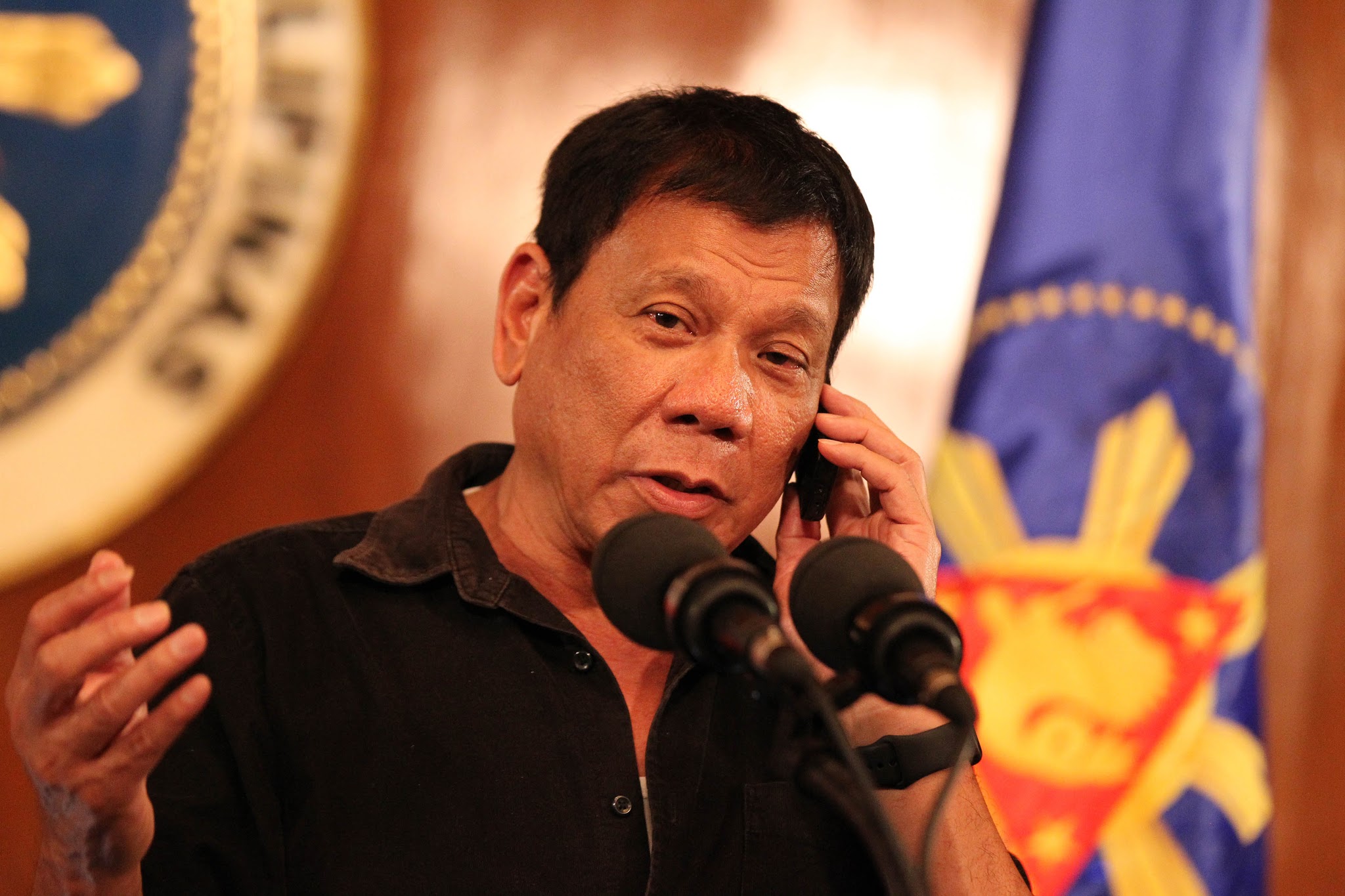Breaking
Philippine president acknowledges abuses in drug war
MANILA, Philippines—Philippine President Rodrigo Duterte acknowledged abuses in a war on illegal drugs, which has left more than 400 people dead in a month and alarmed rights activists, but refused to back down from a shoot-to-kill order for drug suspects.
Duterte said in a speech late Thursday that most drug dealers and addicts slain in gunbattles with police had put up a fight, but added that he was sure some were “salvaged,” a local slang for extrajudicial killings usually by law enforcers.
In the case of illegal killings, Duterte said the government will investigate.
“They really fight back, I know that,” Duterte said in a speech in southern Davao city, where he built a name as a mayor for his extra tough approach to crime before winning the presidency on June 30. “I’m sure there are some who were salvaged, I am also sure of that.”
Early Friday, he told reporters that he gave “shoot-to-kill” orders against drug dealers, including politicians involved in the illicit trade.
“I’ll really have you killed. Look at what you’re doing to the Philippines and I’ll forgive you?” Duterte told reporters, apparently enraged after visiting a town police chief who was shot in the chest by a suspected drug dealer and rushed to a Davao hospital.
“My order is shoot to kill you. I don’t care about human rights, you better believe me,” said Duterte, a 71-year-old former government prosecutor.
Duterte’s centerpiece anticrime drive, focused on an ambitious campaign promise to end the widespread drugs problem in six months, has left more than 400 drug suspects dead, many of them either in firefights with police or under suspect circumstances. More than 4,400 have been arrested, police said.
The unprecedented killings have scared more than half a million drug users and dealers who gave themselves up to police, officials said. An overwhelmed Duterte has said he was considering to set aside some areas in military camps nationwide to build rehabilitation centres for those who surrender.
A legal expert, Jose Manuel Diokno, said Duterte’s latest shoot-to-kill order is, at the least, legally questionable.
Adequate safeguards exist in the country’s legal system, including requirements for court warrants for arrests, to protect the public and ensure law enforcers are not given “unbridled discretion” that can lead to abuses, Diokno said.
The government’s Commission on Human Rights could seek to stop the anti-crime drive through a court petition, said Diokno, who heads the Free Legal Assistance Group, a nongovernment group that provides legal help to the poor.
Sen. Leila de Lima, who led the commission previously, has sought a senate investigation of the killings but has faced opposition from Duterte’s political allies. She said she supports the battle against drugs but condemned the widespread killings.
“There must be a way other than this method that brings us to our collective descent into impunity, fear, and ultimately, utter and complete inhumanity. We cannot wage the war against drugs with blood,” de Lima said in a senate speech this week.
She said the dead included those who were innocent and “the proportion is rising.”






















